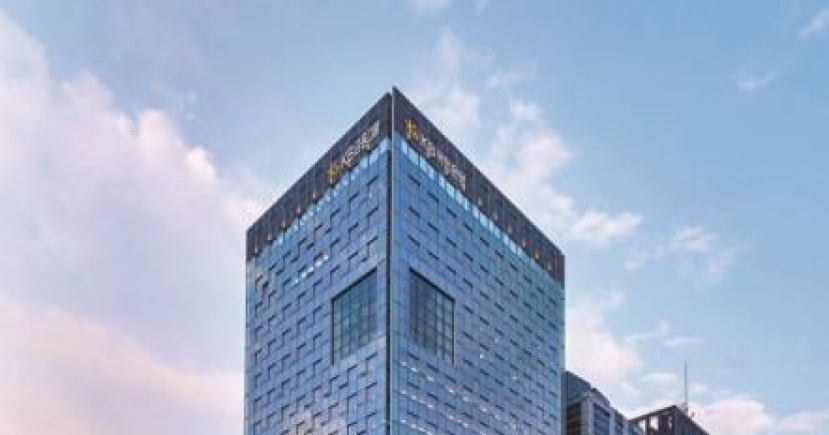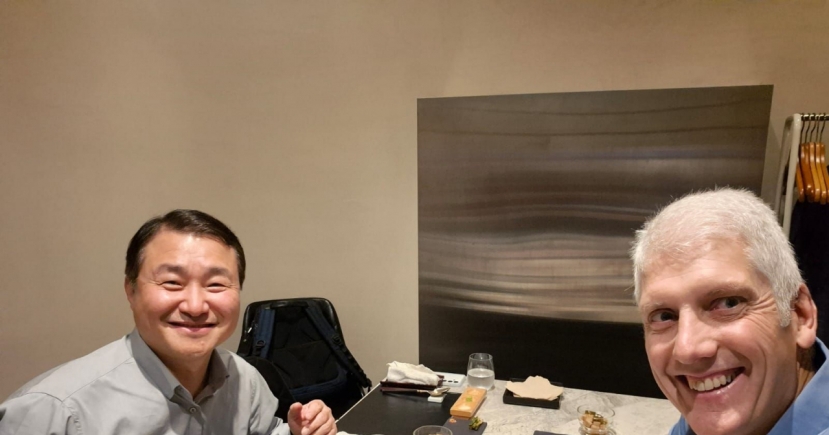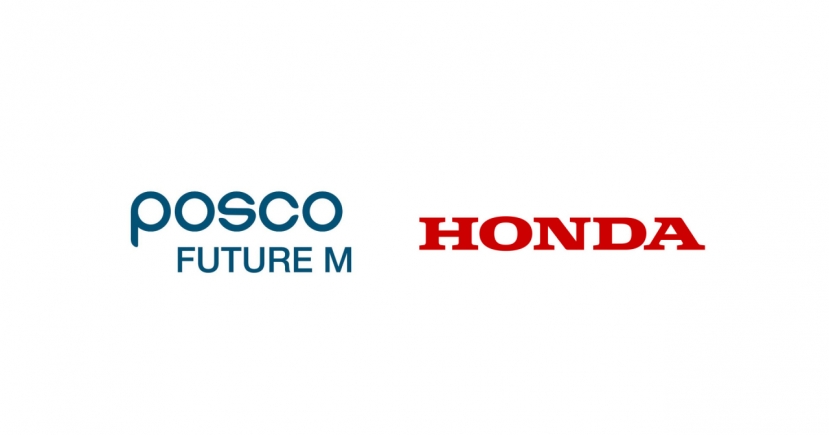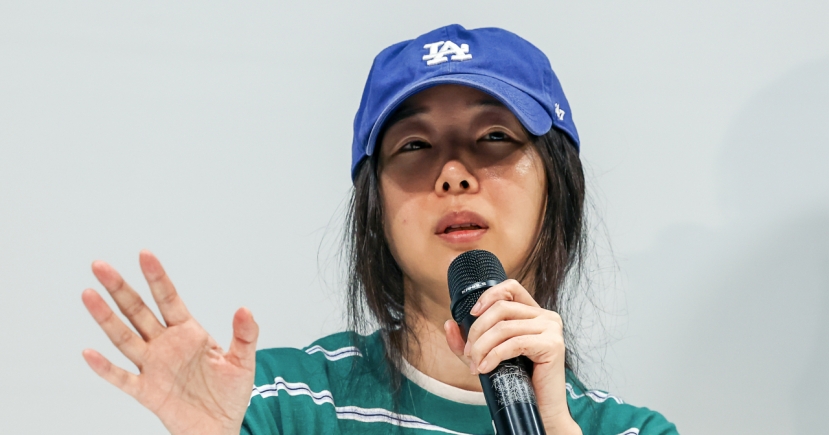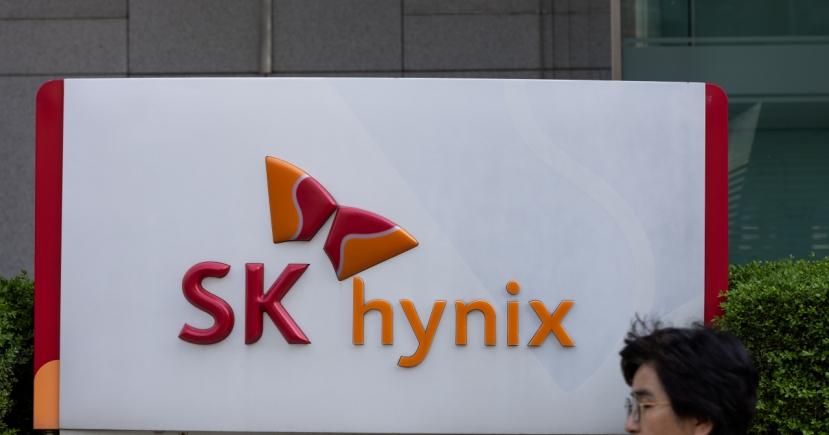Automobiles
[TESLA DEFECT] High chance for celebrity to win vs. Tesla on sudden acceleration
[THE INVESTOR] There is a fighting chance for South Korean actor-singer Son Ji-chang to win a case against Tesla Motors should the US automaker proceed with the litigation filed against it for alleged sudden unintended acceleration, experts say.
“When you look at the case, there are some technological shortcomings that are adverse to Tesla’s position,” Kim Pil-soo, an automotive engineering professor at Daelim University, told The Investor on Jan. 10.
“The Model X is equipped with a faulty safety feature of automatic emergency braking that deactivates when the car is accelerated at full power.”
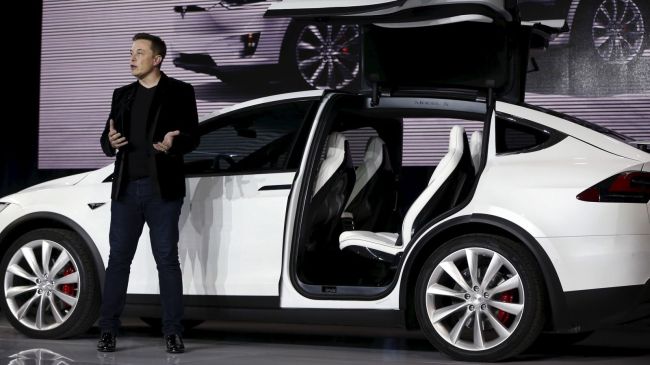 |
Tesla Motors CEO Elon Musk introduces Model X SUV. |
Related:
Full transcript of interview with celebrity’s attorney on Tesla’s sudden acceleration
“The engineering defect itself is problematic, even besides the sudden unintended acceleration problem,” Kim said. “This means the automaker has to come up with a solution, which could be a recall or other compensation measures, to fix the problem.”
He added that in the US the onus is on the automaker to prove the car is not faulty in the sudden acceleration cases, unlike South Korea where the driver bears the burden of proof. Which means, if Tesla is unable to prove that its Model X is defect-free, it will likely end up settling just to put a closure to the case.
That was the case with Toyota Motors, which settled claims of up to US$1.6 billion for a series of sudden unintended acceleration cases in the US in 2013, after failing to explain its vehicle defects.
On Dec. 30, Son filed a litigation seeking class action status against Tesla in California, after discovering that several cases of unintended acceleration involving the Model X were reported to the National Highway Traffic Safety Administration. Son claimed his Model X unexpectedly accelerated at full power while he was trying to park inside his garage, causing him to crash through the wall and into his living room, injuring himself and his son.
Tesla, however, denied that its Model X suffers from defects. Instead, it said the crash was entirely Son’s fault. Tesla also accused him of blackmail.
“The evidence, including data from the car, conclusively shows that the crash was the result of Mr. Son pressing the accelerator pedal all the way to 100 percent,” Tesla said in a statement to Reuters.
But according to Son’s attorney Richard McCune of McCune Wright Arevalo, LLP, he identified some inconsistencies with the data provided by the automaker, which he plans to address during the lawsuit.
“If it is one or two accidents that makes it tougher to prove. But when you are looking at the number of accidents that all seems to be sort of the same, it is pretty powerful proof that there is a problem beyond just the driver’s mistake,” McCune said. “But as to how we prove it, we will look through all the coding to see if there is a problem with software coding. That happened in Toyota’s case. We will look through the logs of our accident and other accidents.”
By Ahn Sung-mi (sahn@heraldcorp.com)


